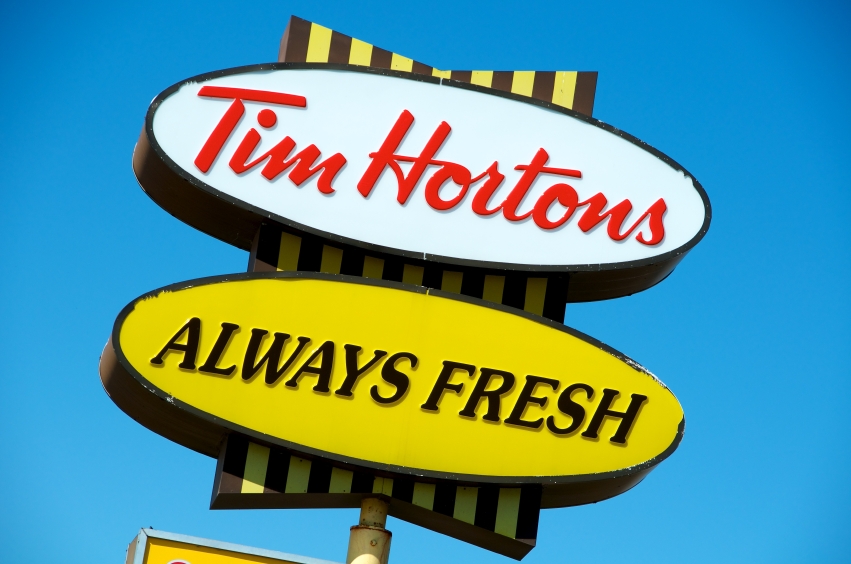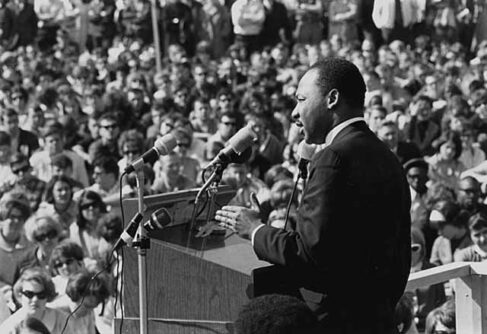In any Canadian coffee shop, a “double-double” means a coffee with 2 creams and 2 sugars.
At Tim Hortons—the coffee-and-doughnut chain founded by hockey great Tim Horton and as ubiquitous in Canada as Starbucks are in the United States—you can order a chocolate doughnut and a double-double anytime of day or night (it takes a lot of calories to stay warm in a Canadian winter!).
At a Winnipeg drive-through Tim Horton’s last winter, on a chilly, -13°C degree day, there was an overflow of warm-hearted philanthropy, as reported in the Winnipeg Free Press:
A Tim Hortons customer at the Beaverhill Boulevard location decided to pay for the order of the next vehicle in the drive-through line.
That began a chain of random acts of kindness that lasted for three hours—and 228 orders.
“It isn’t uncommon for Tim Hortons customers to pay for the next person in line, but this was a real gift,” said Michelle Robichaud, spokeswoman for the company.
According to last Sunday’s New York Times, this kind of generosity in drive-through lanes is a trend:
Whereas paying it forward in drive-throughs occurred maybe once or twice a year a decade ago, now fast-food operators said it might happen several times a day… Serial pay-it-forward incidents involving between 4 and 24 cars have been reported at Wendy’s, McDonald’s, Starbucks, Del Taco, Taco Bell, KFC and Dunkin’ Donuts locations in Maryland, Florida, California, Texas, Louisiana, Pennsylvania, Oklahoma, Georgia, Alabama, North Dakota, Michigan, North Carolina and Washington.
While paying for the order of those in the car behind you is a simple act, and certainly not financially lavish, it is purely generous because it is anonymous, without the taint of expecting anything in return. As the New York Times says:
The anonymity of the drive-through makes it especially easy to pay it forward because it dispenses with any awkwardness and suspicion about motives. The payer pulls away before the next car pulls up and discovers a gift that is impossible to refuse.
Anonymity plays an interesting role here, since anonymity is often thought to be especially important to the philanthropic virtue of charity, as in the Biblical injunction to give to the needy “without the left hand knowing what the right hand is doing” (Matthew 6:3). Anonymity is important to charity to relieve the discomfort of the recipient and to discourage pridefulness in the donor.
But the kind of generosity practiced in paying for the order of the car behind you is not charity but a kind of liberality, the philanthropic virtue that governs reciprocal giving between friends and equals, not anonymous strangers. However, in the drive-through lane, there’s no prospect of reciprocity (which is what makes the gift potentially “awkward,” as the New York Times says); anonymity removes that awkwardness.
In a time of what seems to be increasing incivility, it’s nice to read that this simple act of giving at drive-throughs is becoming more commonplace, as folks double down on such simple acts of “double-double” philanthropy.






